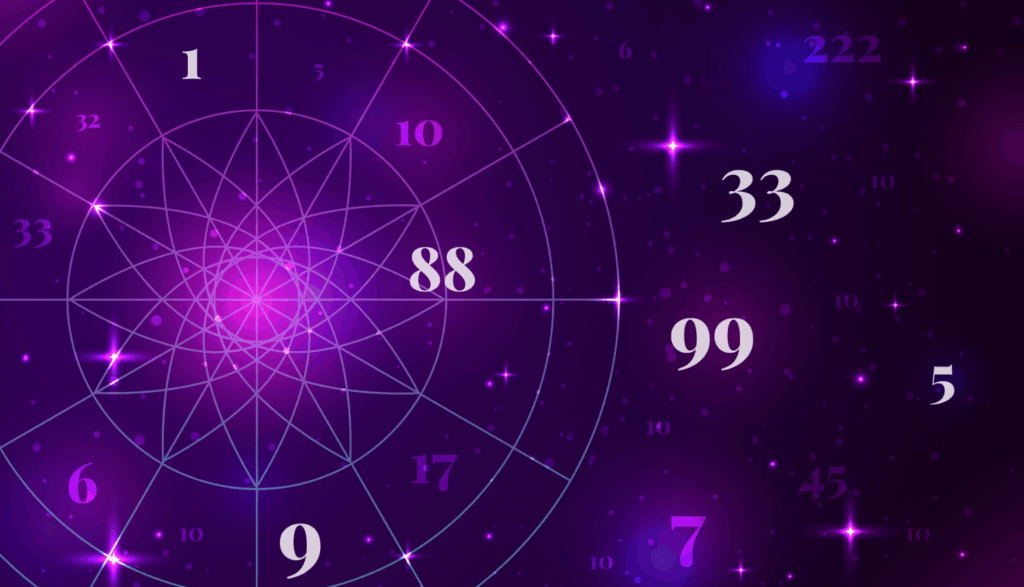Numbers have always fascinated the human mind – from ancient civilizations tracking lunar cycles to modern individuals noticing repeating digits on clocks. But what exactly makes us feel that numbers carry hidden meaning? While numerology explores their spiritual or mystical aspects, science has begun to uncover the psychological and neurological foundations of this deep connection.
At the core of numerical understanding lies the parietal lobe, particularly the intraparietal sulcus, which activates whenever we estimate quantities, count objects, or even imagine numbers. This area functions almost like a “number sense hub,” allowing humans (and even some animals) to distinguish between more and less, long before formal education begins. Studies using brain imaging show that when people perform mathematical tasks, this region lights up – but interestingly, it also activates when people simply think about meaningful numbers, such as their birthday or a “lucky number.”
This suggests that numbers carry not only cognitive but also emotional weight. When certain numbers repeat – like 3:33 or 11:11 – our brain’s reward system, powered by dopamine, reinforces the experience. The repetition feels like a message or a pattern, triggering curiosity and a sense of synchronicity. Psychologists refer to this as apophenia – the brain’s natural inclination to find meaningful connections in randomness. It’s a survival trait: recognizing patterns helped our ancestors predict danger, weather, and food sources. Today, that same neural wiring makes us interpret numbers as signs or messages from the universe.

Moreover, cultural influence strengthens this connection. Studies in cognitive anthropology show that societies give symbolic meanings to numbers – 7 for luck, 13 for misfortune, 8 for prosperity – and these associations shape how our brains respond to numerical cues. The more we believe a number holds significance, the more emotionally charged it becomes in our perception.
From a scientific standpoint, numerology might be seen as an elegant fusion of pattern recognition and emotional resonance. It taps into the human need to make sense of existence through symbols. While neuroscience may not confirm that numbers guide our destiny, it does affirm that our brains are programmed to seek meaning, order, and connection – and numbers provide a perfect language for that.
Related: Numerology and Energy: How Numbers Influence Your Vibrations
In the end, whether one views numerology as mystical or psychological, it mirrors a universal truth: the mind is a storyteller, and numbers are one of its favorite characters.
Ultimately, when two people click, it’s a sign of alignment – physical, emotional, and energetic. It doesn’t always mean the relationship will be effortless forever, but it does create a powerful foundation built on mutual resonance. In a world full of mixed signals and fleeting interactions, that instant, natural connection is a rare reminder that sometimes, love doesn’t need explanation. It just feels right.





















